Workers have gathered at a solid waste management (SWM) unit at the Bara Sakdal gram panchayat near the India-Bangladesh border in Cooch Behar district, approximately 750 km from Kolkata, to deploy vans for waste collection from households.
The waste collected at the SWM unit is utilized to produce vermicompost or organic fertilizer, which is then sold to local residents.
“The aim of this initiative is to make SWM units self-sustaining. The collected waste is separated into degradable and non-degradable portions. The degradable portion is used for organic fertilizer production. Vermicompost is sold for Rs 10 to 12 per kg. Women from various self-help groups (SHGs) are employed as community facilitators to raise awareness about waste management,” said Rashmidipta Biswas, the Dinhata-II Block Development Officer (BDO).
Local resident Sangita Roy has been serving as a community facilitator in the gram panchayat for the past few years. Every morning, she keeps watch and blows a whistle if she observes anyone defecating in open areas. “Despite having a toilet at home, some people continue to defecate in fields. We must monitor them. Our main objective is to bring about a change in behavior among the people. Gradually, people have realized the benefits of having a toilet at home. We have started to see positive results from our efforts,” said Roy.
In 2017, Cooch Behar became the first open defecation-free (ODF) district in north Bengal. In 2020, the central government honored Cooch Behar district with the Swachh Bharat Mission National Award (Grameen) 2020.
In order to maintain the progress and ensure ODF behavior among its residents, the district administration launched the Mission Nirmal Cooch Behar initiative in the same year. The objective was to enhance the ODF status and establish solid and liquid waste management infrastructure for safe disposal of waste in villages.
District Magistrate Pawan Kadyan stated, “Mission Nirmal Cooch Behar has now entered its second phase. The focus is on enhancing solid waste management, initiating plastic waste management (PWM) in rural areas, and implementing liquid waste greywater management. We have constructed over 1,000 community sanitary complexes (CSCs) throughout the district within a year. We have covered all marketplaces, public areas, gram panchayats, and rural regions. We have also prioritized menstrual health management by distributing biodegradable sanitary napkins, under the brand name Bandhabi, produced by local SHGs and distributed to students in schools.”
Kadyan, one of the recipients of the Excellence in Governance Awards for 2020 and 2021, highlighted that 16 SWM units have been established and 18 others are currently in progress.
“We are the first district in the state to establish a PWM unit. Another PWM unit is being constructed, and three more are in the planning stages. Producing vermicompost is another aspect of solid waste management,” added Kadyan.
In terms of liquid waste management, numerous soak pits and covered drains have been built in rural areas and public spaces throughout the district following a thorough evaluation. Concrete platforms have been constructed for all tube wells along with soak pits. Planned measures have been taken for greywater management with the support of the Mahatma Gandhi National Rural Employment Guarantee Scheme (MGNREGS) and the 15th Finance Commission grants.
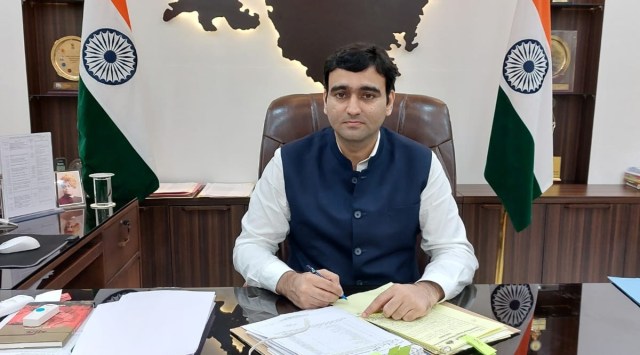


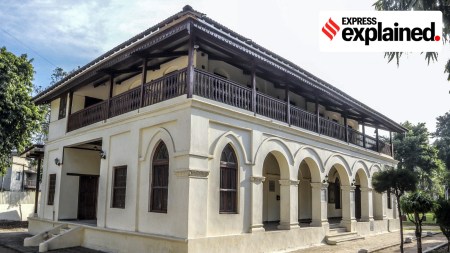
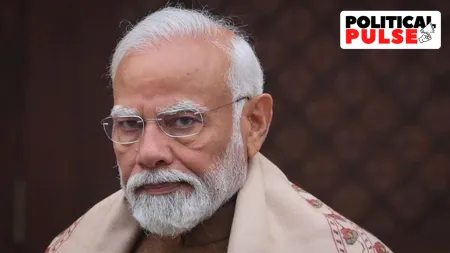
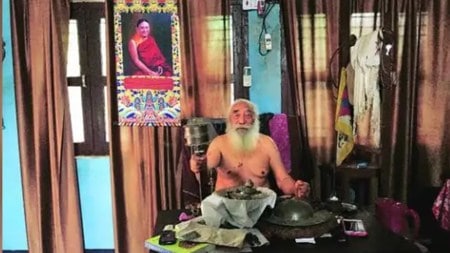


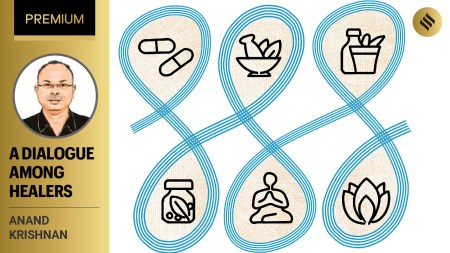






+ There are no comments
Add yours